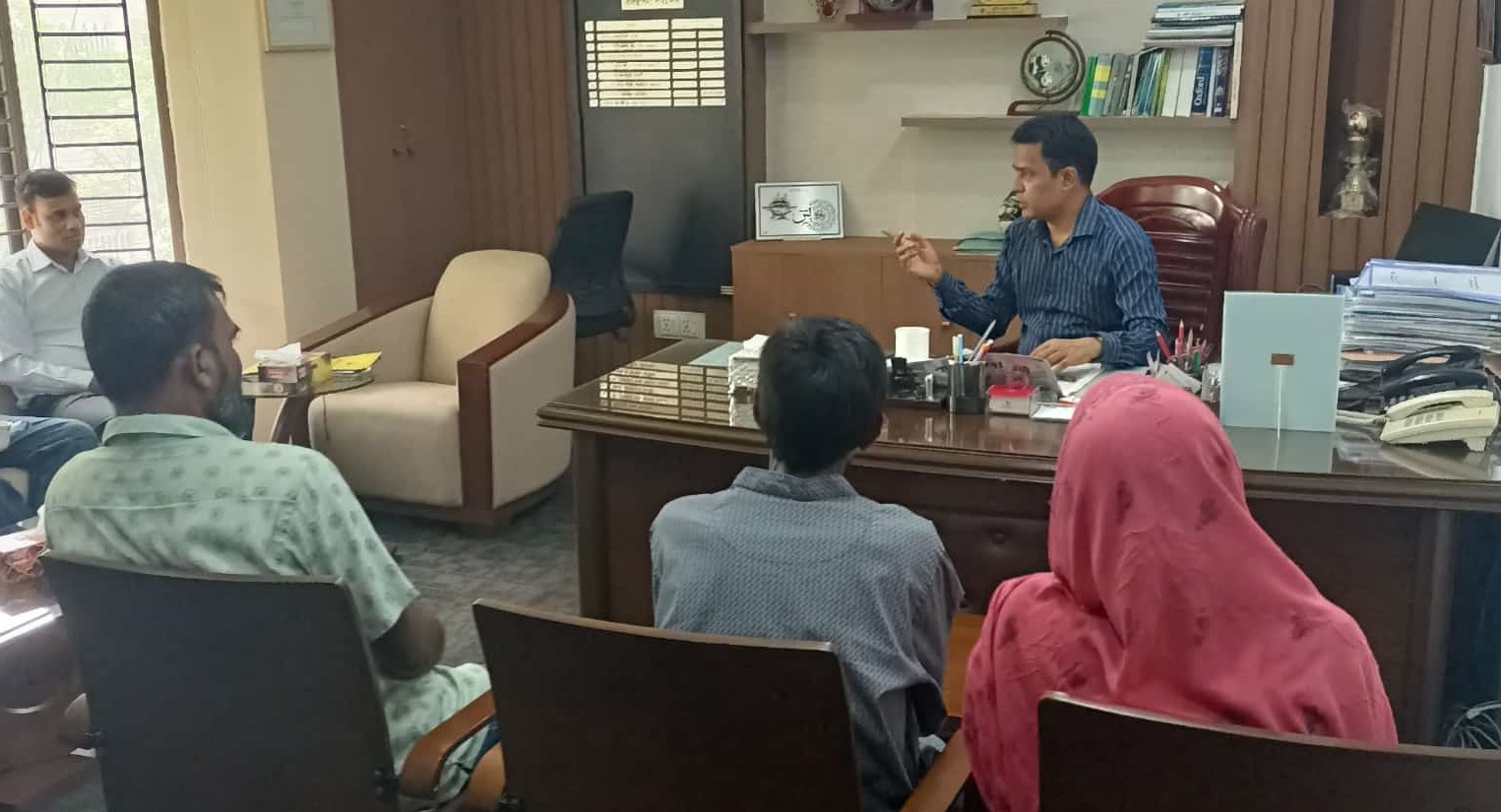By Tohura Khatun Lily, from Rajshahi
For years, the people of Namovodra slum in Rajshahi lived with the bitterness of thirst. Nearly 230 families struggled every day without safe drinking water. Mothers worried about their children’s health, women walked long distances or endured the suffocating smoke of unsafe alternatives, and the community lived with the constant fear of disease. Their most basic right to clean water has remained out of reach.

But hope never left Namovodra. The women and men of the community, together with the Urban Poor Rights Implementation Committee, BARCIK, and the Green Coalition Network, began their long and difficult struggle. They protested on the streets, raised their voices in human chains, and petitioned the authorities. However, on August 19, 2024, their demand echoed loudly strongly pronounced, “We want safe water!”
Yet the path was full of obstacles. Applications were rejected, forms returned, permissions denied. Without a holding number, their requests were turned away at both the City Corporation and the Divisional Commissioner’s office. Fees were too high, rules too rigid, and officials often too harsh. But the residents of Namovodra refused to give up. They kept knocking on doors, filling forms, collecting documents, and pushing forward. Step by step, they broke through the walls of bureaucracy.

When the road-cutting fee of 14,000 taka was announced, despair set in. How could slum dwellers manage such a sum? But solidarity became their strength. With support from their committees and BARCIK, the amount was reduced to 8,000 taka, and together, the community managed to pay. Even then, hurdles remained, as extra demands from workers, endless visits to offices appear but persistence became their weapon.
And then, at last, the day came. The water began to flow. For the first time, the people of Namovodra turned on a tap and saw clean, safe water pour into their containers. Women smiled through tears, children laughed and splashed, and the entire community felt the weight of years of struggle lifting from their shoulders.

Today, the story of Namovodra is not just about water. It is about courage, unity, and the unshakable belief that even the poorest have the right to dignity. It proves that when communities stand together, when NGOs and local committees walk beside them, and when persistence meets solidarity, even the most basic rights can finally be won.
In Namovodra, after years of waiting, the sound of water is the sound of victory.
